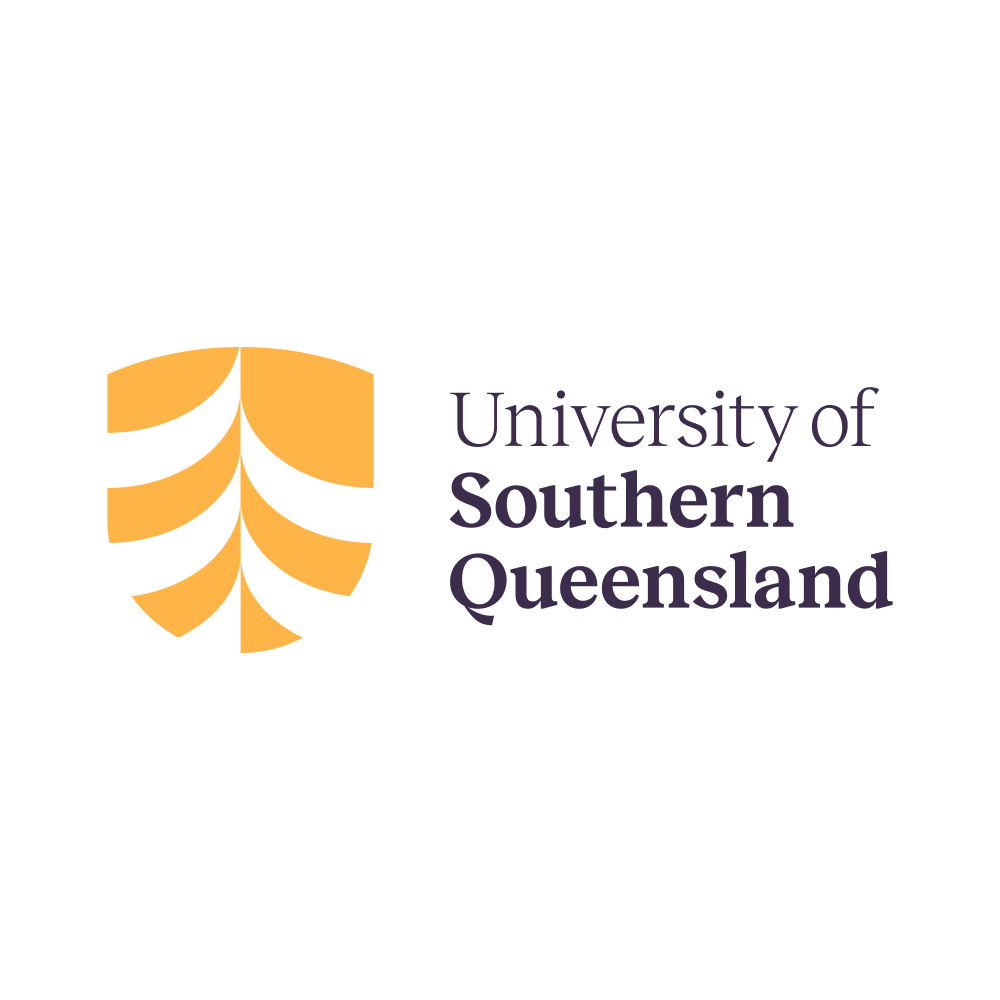University of Southern Queensland
Master of Data Science (Artificial Intelligence and Machine Learning)
- Delivery: Online
- Study Level: Postgraduate
- Duration: 24 months
- Course Type: Master's
Study online and explore concepts and learning within big data management, machine learning and data mining to ensure you have the knowledge for a career in this dynamic industry.

Course overview
Study the Artificial Intelligence and Machine Learning specialisation with UniSQ and explore concepts regarding deep learning, natural language processing, information retrieval and knowledge management. In an increasingly data driven world, it's critical that we can use information retrieval technologies and systems to query and retrieve useful information to support advanced data analytics and inform high-level decision-making.
CSP Subsidised Fees Available
This program has a limited quota of Commonwealth Supported Places (CSP). The indicative CSP price is calculated based on first year fees for EFT. The actual fee may vary if there are choices in electives or majors.
Key facts
14th September, 2026
What you will study
The program consists of 16 units comprising of:
- Eight units of core ICT courses
- Four units of specialisation
- Four units of elective courses
- Big Data Management
- Machine Learning
- Data Mining
- Foundations of Programming
- IS/ICT Project Management
- Multivariate Analysis for High-Dimensional Data
- Advanced ICT Professional Project
- Statistics for Quantitative Researchers
Entry Requirements
Find the entry requirements most relevant to you.
- Three-year bachelor's degree from an Australian university, or equivalent, in any area, or
- A minimum of five years of professional work experience equivalent to an AQF Level 7 qualification (bachelor).
There are inherent requirements that must be met in order to successfully complete this degree. Inherent requirements are fundamental skills, capabilities and knowledge that students must be able to demonstrate in order to achieve the essential learning outcomes of the degree while maintaining the academic integrity of the degree. Please read and understand the inherent requirements specific to the Master of Data Science before applying.
If you think you may experience any problems meeting inherent requirements, you can talk to a Student Equity Officer about reasonable adjustments that may be put in place to assist you. Any reasonable adjustments made must not fundamentally change the nature of the inherent requirement.
English Language Requirements
To meet the English language requirements for this degree, we accept the combined level and duration of study specified below or the minimum English language proficiency scores from one of the following tests. Your test must be completed within two years of applying to UniSQ.
- Tertiary study (Diploma level or higher): One-plus years of full-time tertiary study in a country from the list of Accepted English-speaking countries.
- IELTS (Academic) Minimum overall score of 6.0 with a minimum of 5.5 in each subscore (speaking, listening, writing, reading).
- Pearson Test of English: Minimum overall score of 50 with a minimum of 50 in each subscore.
- TOEFL iBT: Minimum overall score of 80 with a minimum of 19 in each subscore.
If you do not meet the English language requirements, you can apply to study with our English language partner, the Union Institute of Language (UIL).
Recognition of Prior Learning
You may be eligible for recognition of prior learning if you have previously studied or have relevant work experience. This will help to reduce the number of courses that you need to study to finish your program.
Outcomes
Career Outcomes
- This degree provides a diverse range of career outcomes with opportunity to advance your profession into any big-data, artificial intelligence or machine learning field. As a graduate, you will become an efficient data scientist, utilising predictive analytics, big data management, big data analysis and modelling, artificial intelligence and machine learning to produce insights that make important, real-life decisions.
- Data scientists are highly sought after, and the demand is set to increase as organisations within technical, engineering, science, business, education and research sectors require skilled employees to understand and interpret data and navigate artificial intelligence and machine learning for the betterment of business.
- Careers with a focus on artificial intelligence may include computer engineering, games development, intelligence analysis, programming and web development. Data science careers can include data scientist, data analyst, data engineer or data manager.
Learning Outcomes
Upon completion of this program, graduates will be able to:
- Autonomously apply key ICT and data science professional knowledge, technologies and programming skills to critically investigate and analyse contemporary core issues in a global market and to develop big data analysis and evidence-based decision-making skills.
- Select, adapt and apply specialised quantitative and technical skills to work independently and collaboratively to process and interpret major theories and concepts associated with big data to solve and interpret complex and real-life problems.
- Work under broad direction within a team environment, manage conflict and take a leadership role for a task within the project.
- Apply and communicate ethical, legal and professional standards related to big data privacy and building of a security culture, and assess and evaluate risks in order to comply with customer organisational requirements.
- Investigate, critically analyse, evaluate and communicate research findings and problem solutions associated with applied data theories and methodologies to specialist and non-specialist audiences.
Fees and CSP
Estimated annual fee in 2026: $9,536 (Commonwealth Supported Place)
The estimated 2026 annual fee is based on the current average rate for your first year of study (eight units per year) and does not include the cost of materials such as textbooks, additional costs or the Student Services and Amenities fee.
This is an indicative guide only. Your fees will vary depending on the courses you select, with the actual rates calculated at enrolment. The University of Southern Queensland review its fees annually. They may increase each year.
You may not have to pay your course (subject) fees upfront. HECS-HELP is a government loan scheme that allows you to defer payment until your income reaches a certain threshold.








